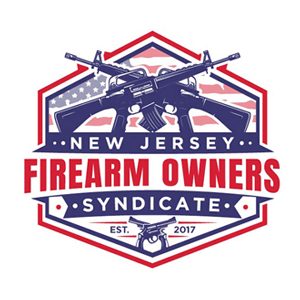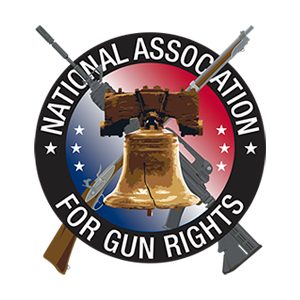
On October 17, New York Governor Kathy Hochul signed two bills into law, which mandate the temporary seizure of firearms and other weapons by police during responses to domestic or family violence calls, and expand the state’s discretionary application of “red flag” powers.
Senate Bill S.1985A requires that a police officer “shall take temporary custody” of a weapon when responding to a report of a family offense, even if that person is only “suspected of its commission”. The law removes all discretionary decision-making from police officers.
The law not only requires that the officer not only confiscates the weapon, but also that he “take custody of any license to carry, possess, repair, and dispose of such weapon… for not less than 120 hours” (or five days).
The actions that trigger the confiscation are broad, vague, and likely all prone to subjective interpretations or abuse:
- If the victim indicates in the domestic incident report that the suspect threatened them with a weapon.
- If the victim answers “yes” to “lethality assessment” questions on the domestic incident report form
- If the officer reasonably believes a seizure is necessary to protect the victim from harm or prevent further violence.
The bill undermines civil liberties by abandoning the first principles of American law regarding due process, but it is also ripe to be abused by those who would file false reports. “Having responded to thousands of domestic violence calls in my career, not all of them are legit,” said Jared Yanis, former police officer and Second Amendment rights advocate, in a video in which he discusses the new laws.
The law specifies arms that must be confiscated to include “firearm, rifle, electronic dart gun, electronic stun gun, disguised gun, imitation weapon, shotgun, antique firearm, black powder rifle, black powder shotgun, or muzzle-loading firearm.” The list includes “imitation weapons” which could include toys or training devices.
“This should raise huge red flags… Why? Because this kind of mandatory seizure also touches on the due process clause of the Fourteenth Amendment, the Second Amendment’s right to keep and bear arms, and the slippery slope of what constitutes a threat or fear,” said Yanis in his analysis, adding, “The bottom line here is keeping and bearing arms means more than buying a gun and having a permit if a state mandates a permit, which is also unconstitutional. It means preserving the right from encroachment, and this law challenges that in a major way.”
Senate Bill S.5514 expands the criteria for issuing extreme risk protection orders (ERPOs, also known as “red flag” laws) to include “evidence of recent acts of aggravated cruelty to animals.” There is no specific definition of “aggravated cruelty” in the bill, again leaving the interpretation open to possible abuse by law enforcement or politically motivated judges.
But the bill goes even further, and includes legal commercial activities as a factor for courts to consider when issuing an ERPO to include “evidence of recent acquisition of a firearm, rifle, shotgun, or other deadly weapon or dangerous instrument, or any ammunition.”
Both laws are effective immediately.

















